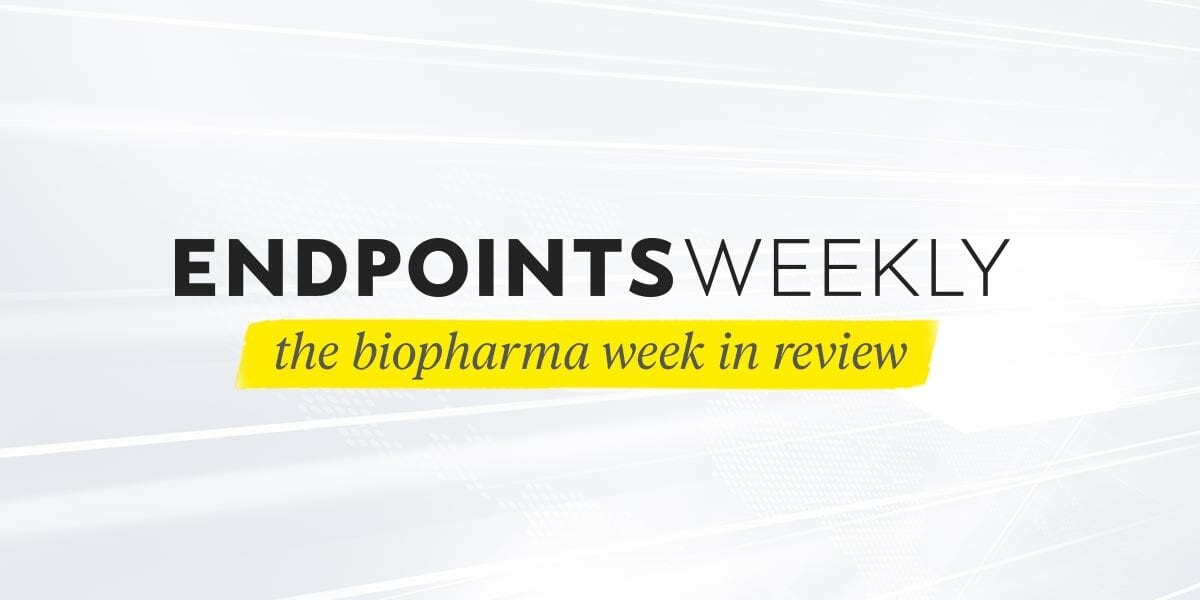The competition for Metsera’s PD-(L)1xVEGF bispecific therapy has intensified, prompting significant interest from major pharmaceutical companies. This race represents a critical moment in the development of innovative cancer treatments, as firms vie for a leading position in the market for bispecific antibodies.
With several pharmaceutical giants reportedly entering the bidding, the stakes are high. The PD-(L)1xVEGF therapy aims to improve the effectiveness of cancer treatments by targeting two key pathways involved in tumor growth. As the demand for advanced therapies rises, companies are eager to secure this promising asset.
Leadership Changes at FDA
In related news, the U.S. Food and Drug Administration (FDA) has announced that Dr. Richard Pazdur will lead the Center for Drug Evaluation and Research (CDER). This appointment comes at a pivotal time for the FDA, as it seeks to streamline the approval process for groundbreaking therapies. Dr. Pazdur is well-known for his work in oncology and has previously played a significant role in advancing cancer drug regulations.
The shift in leadership at the FDA is expected to influence the landscape of drug development, particularly for therapies like PD-(L)1xVEGF. The agency’s focus on expediting approvals may align with the ongoing efforts of pharmaceutical companies to bring innovative treatments to market more swiftly.
As the bidding for Metsera’s therapy progresses, industry experts anticipate that the outcome will have far-reaching implications for cancer treatment strategies. The potential of PD-(L)1xVEGF could reshape current therapeutic approaches, offering hope to patients facing challenging diagnoses.
While the weather in Boston is set to be chilly this weekend, the competitive climate in the pharmaceutical sector is heating up. Industry stakeholders remain attentive to developments surrounding the bidding war and Dr. Pazdur’s new role, which are poised to shape the future of cancer care.
In conclusion, the race for Metsera’s PD-(L)1xVEGF therapy exemplifies the dynamic nature of the pharmaceutical industry. As companies respond to the evolving landscape, the impacts on patient care and treatment options will be closely monitored by healthcare professionals and advocates alike.
